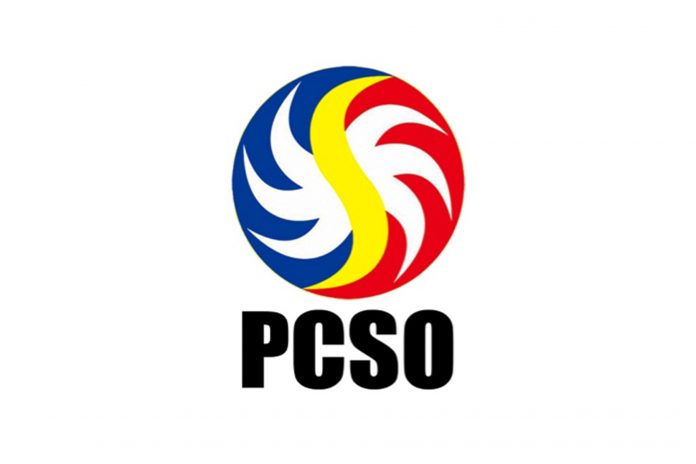
THE Philippine Charity Sweepstakes Office (PCSO) welcomed on Monday the report of the Commission on Audit (COA) regarding possible depletion of funds due to online Keno operations.
“We welcome COA audit report regarding our transactions, but we would like to assure you that we are not violating any law and we are cognizant of our obligations and responsibilities,” said PCSO general manager Alexander Balutan.
This in response to COA’s warning against the agency over “questionable” transactions worth more than P10.17 billion intended for charity and programs and medical assistance and of fund depletion because of the online Keno gaming operations, which incurred deficit in its prize fund from 2006 to 2017, accumulating P4.283 billion as of December 31, 2017.
From January to June this year, the overall PCSO revenue already hit the P25 billion mark, P25,833,181,304.10 to be exact, an increase of 27.25 percent compared with the same period last year, where Lotto and digit games are still at the forefront with P12.5 billion sales; while Instant Sweepstakes with P727 million sales.
“Keno had P2.3 billion sales, an increase of 10.36 percent in five months alone,” said Balutan in an earlier statement.
“The perceived deficit in the prize fund of the Keno game is being addressed by the PCSO, actually, an approved prize payout structure was supposed to be implemented last year,” said Arnel Casas, office-in-charge assistant general manager for gaming sector.
Casas explained that the implementation of the Tax Reform for Acceleration and Inclusion (TRAIN) law required a substantial amount of 20 percent Documentary Stamp Tax (DST) to be imposed on the total sales of the Keno, which greatly affected the implementation of the approved fund allocation.
“It gave a smaller percentage to fund allocations particularly to the prize payout structure of the Keno game. As a result of the new scheme, the game became less attractive to the gaming patrons and players,” said Casas.
“The same also delayed the scheduled implementation, as the PCSO needs to go back to the drawing board to further study and analyze its effect,” he added.
A new revenue allocation with the inclusion of the DST and new prize payout structure will be implemented for the Keno game. This will require system and gaming software change which under normal process will take around three to six months to complete.
Once implemented, depending on the support and response of the gaming public to the new prize structure and the amount of sales realized, the PCSO shall decide on whether to continue or discontinue the game.
“In the end, the major concern and beneficiary from all these is all the PCSO charitable undertakings which are dependent on PCSO games including keno game. PCSO has raised P5.8 billion in charity which is the positive profit from this game aside from the taxes paid and operating funds raised,” said Casas./PN



